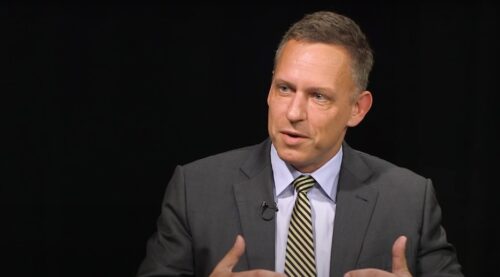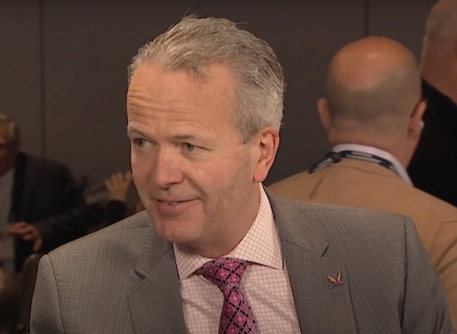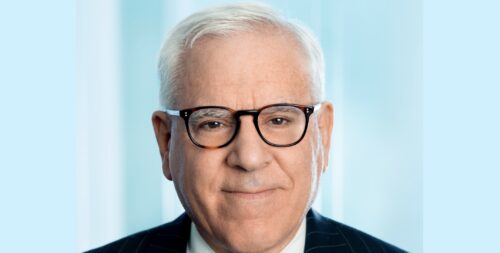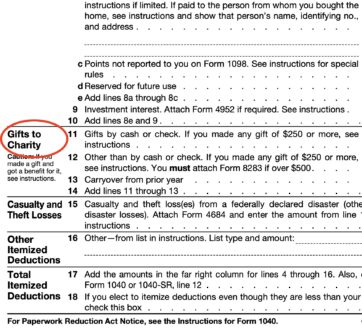
The nationally prominent legal expert in the taxation of nonprofits talks to Michael E. Hartmann about the taxation of higher-education endowments, comparing and contrasting the rationale for it to that for taxing private-foundation endowments, and explores some tax ramifications of other, newly emerging forms of giving.

The nationally prominent legal expert in the taxation of nonprofits talks to Michael E. Hartmann about her career, the different revenue-raising and regulatory roles of the IRS, the non-revenue-related role of state attorneys general, the tax treatment of private-foundation endowments, and the challenges of following complicated IRS rules for small foundations.






